Laughter is a universal language, but the Brits have a knack for dressing it up in all sorts of colorful expressions.
From a quiet chuckle shared between friends to a full-on roar that fills the room, every kind of laugh has its own special name on the British Isles.
Whether you’re snickering at a pun, guffawing at a classic British sitcom, or trying to stifle a giggle during a serious meeting, there’s a term for every occasion.
Dive into the rich variety of British slang for laughing and discover the perfect word to describe those moments that leave you in stitches.
Get ready to explore the humorous side of British English, where laughter really is the best medicine.

British Slang For Laughing
Belly laugh
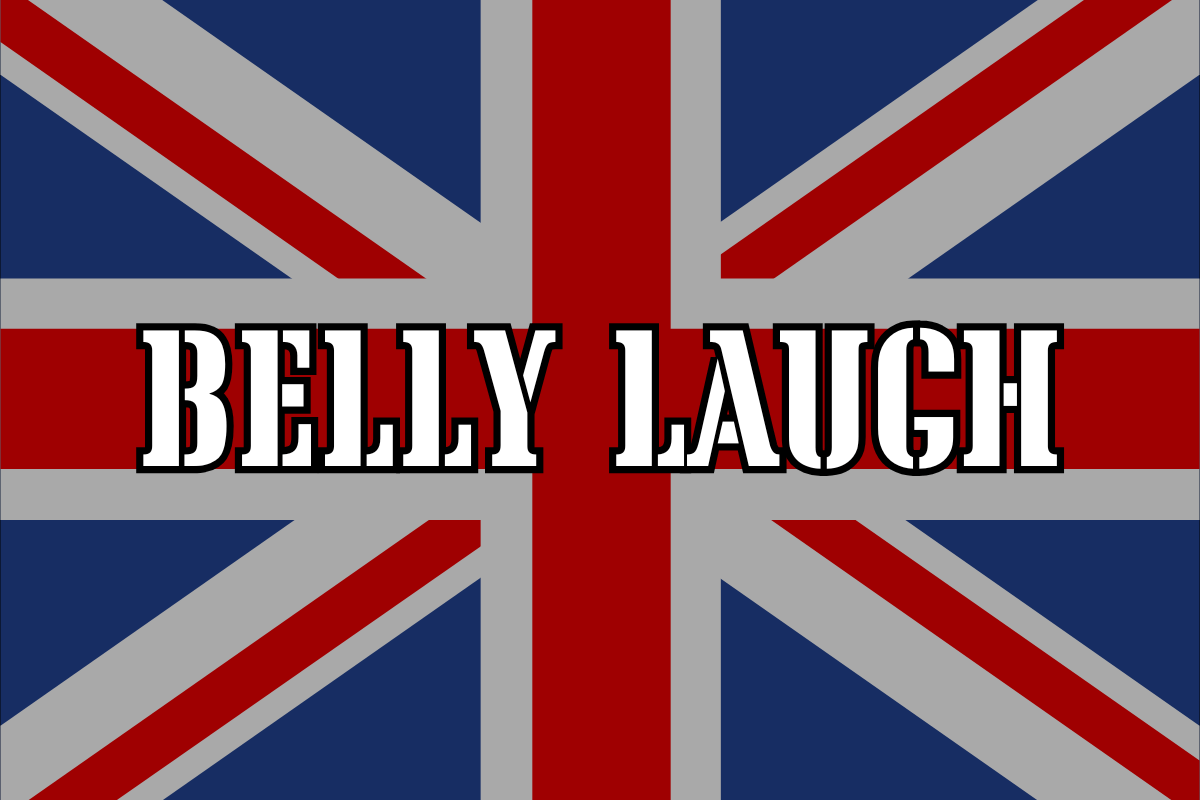
A “belly laugh” is a loud, uninhibited laugh that seems to come from deep within the belly.
It’s the kind of laugh that’s so intense you might find yourself doubling over.
Examples in sentences:
- “The comedian’s joke was so funny, it gave me a real belly laugh.”
- “Nothing beats a good belly laugh with friends over an old memory.”
- “Hearing her belly laugh from the other room, I knew she was watching her favorite sitcom.”
- “The movie was filled with moments that induced a genuine belly laugh.”
- “After a hard day, a good belly laugh can feel incredibly therapeutic.”
Cackle
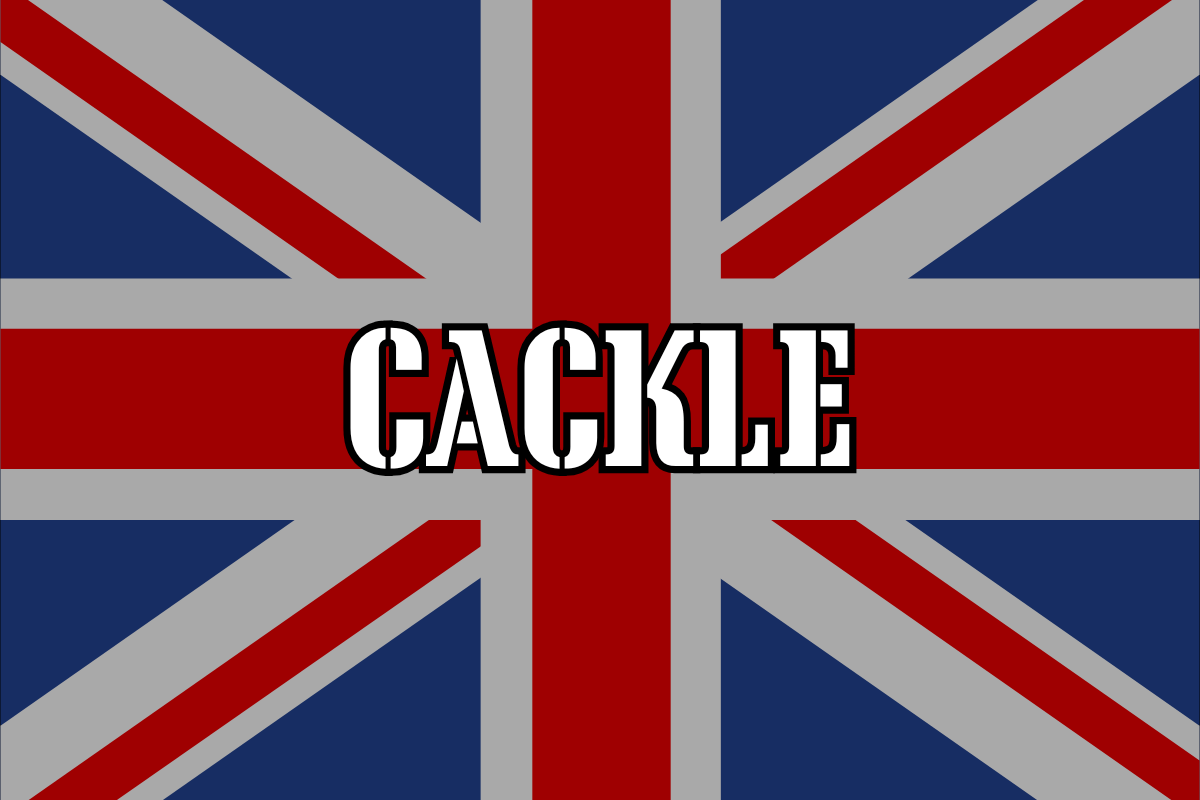
“Cackle” describes a type of laugh that is loud and somewhat sharp or shrill, reminiscent of the sound a hen makes.
It often carries a connotation of wickedness or amusement at someone else’s expense.
Examples in sentences:
- “Her witch-like cackle could be heard across the room, drawing everyone’s attention.”
- “The villain’s cackle in the play sent shivers down my spine.”
- “They shared a cackle over the inside joke, leaving others curious.”
- “His story was so absurd, it made her cackle uncontrollably.”
- “The group’s cackle was infectious, making even the bystanders smile.”
Chortle
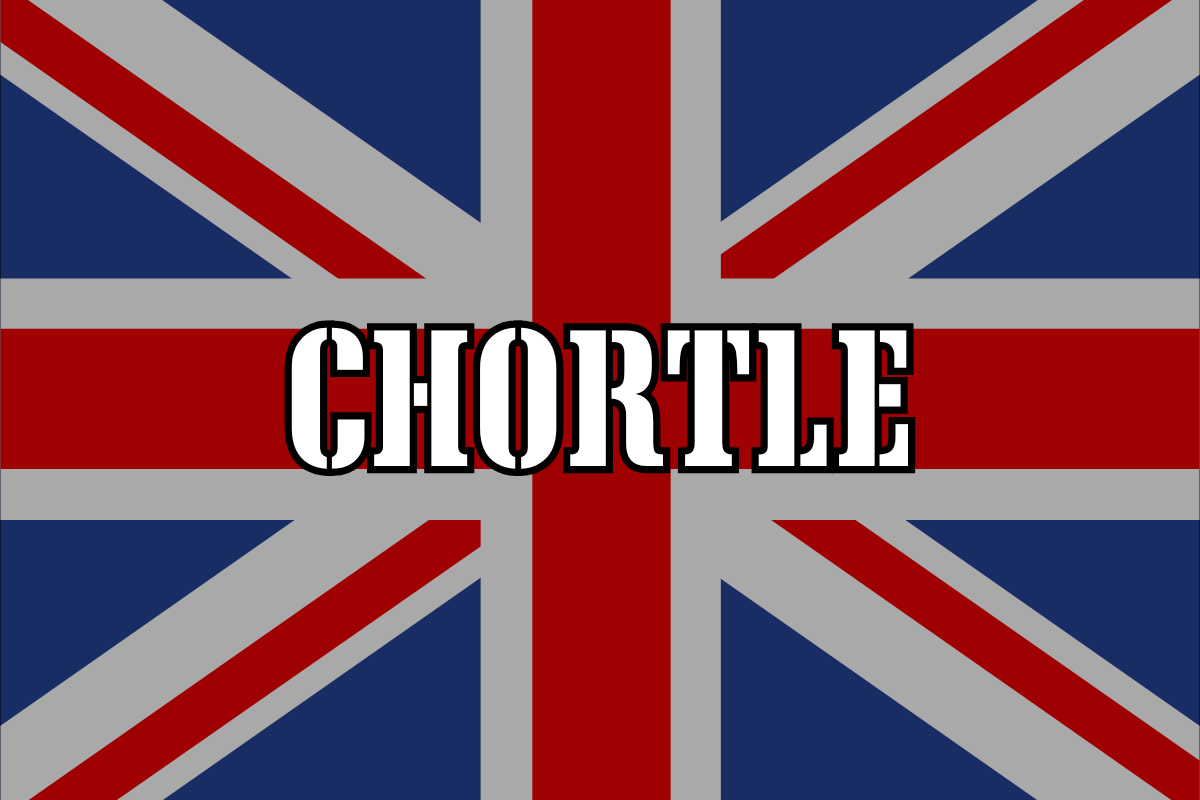
“Chortle” combines elements of chuckling and snorting, indicating amusement.
It’s a joyful, somewhat vocal laugh that suggests delight or satisfaction.
Examples in sentences:
- “He chortled at the clever twist in the book, thoroughly entertained.”
- “Her chortle was contagious, making it impossible not to join in.”
- “The absurdity of the situation made him chortle despite himself.”
- “Listening to the children’s chortles as they played was heartwarming.”
- “The room was filled with chortles during the amusing presentation.”
Chuckle
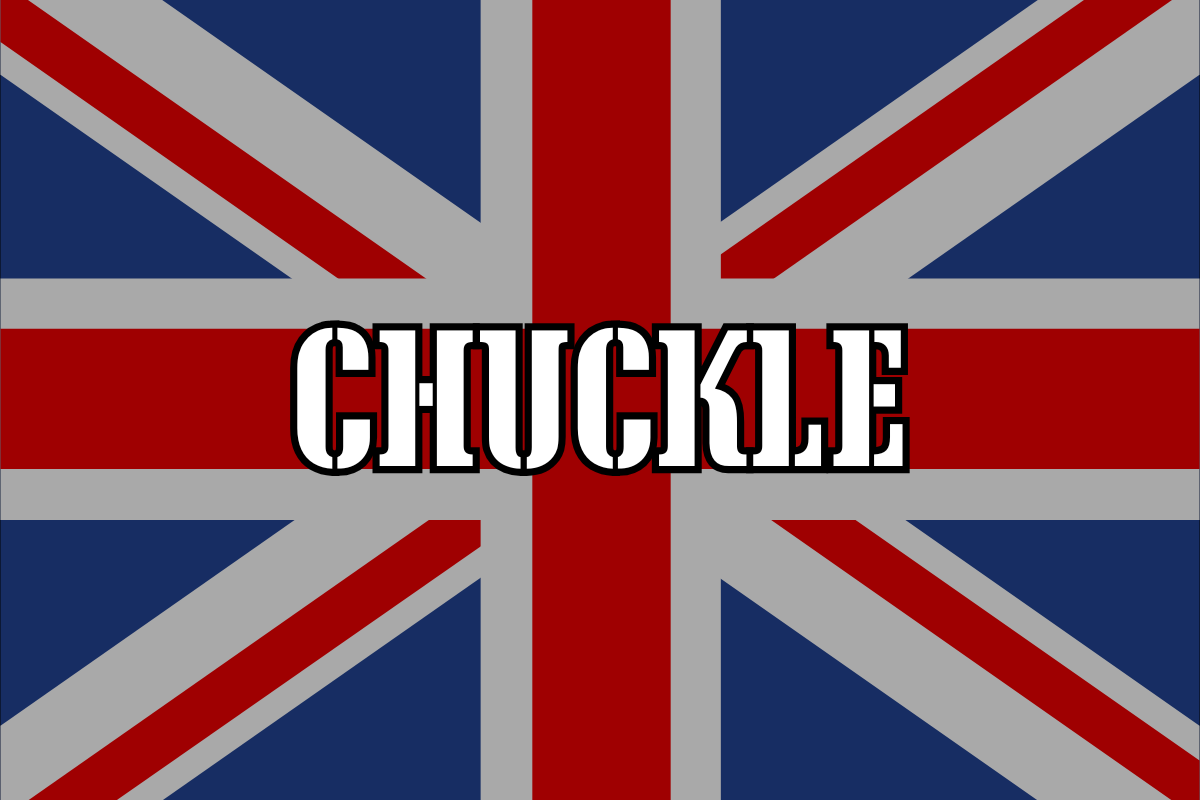
A “chuckle” is a quiet, inward laugh that expresses amusement.
It’s more subdued than a belly laugh but more expressive than a smile, often used in response to mild humor or irony.
Examples in sentences:
- “She couldn’t help but chuckle at the irony of the situation.”
- “His comment drew a chuckle from the audience, lightening the mood.”
- “I heard a chuckle on the other end of the phone as he got the joke.”
- “The memory of their first meeting always brought a chuckle.”
- “He tried to stifle a chuckle during the serious meeting.”
Crack up

“Crack up” means to suddenly start laughing uncontrollably.
It’s often used when something is so funny that it breaks through someone’s composure, causing them to laugh loudly and helplessly.
Examples in sentences:
- “The joke was so unexpected, I just cracked up on the spot.”
- “Everyone cracked up when the dog started chasing its tail during the ceremony.”
- “She cracked up every time she tried to tell the story, barely getting the words out.”
- “Seeing his reaction, the whole room cracked up, forgetting their earlier discomfort.”
- “He has a way of telling stories that just makes you crack up.”
Giggle
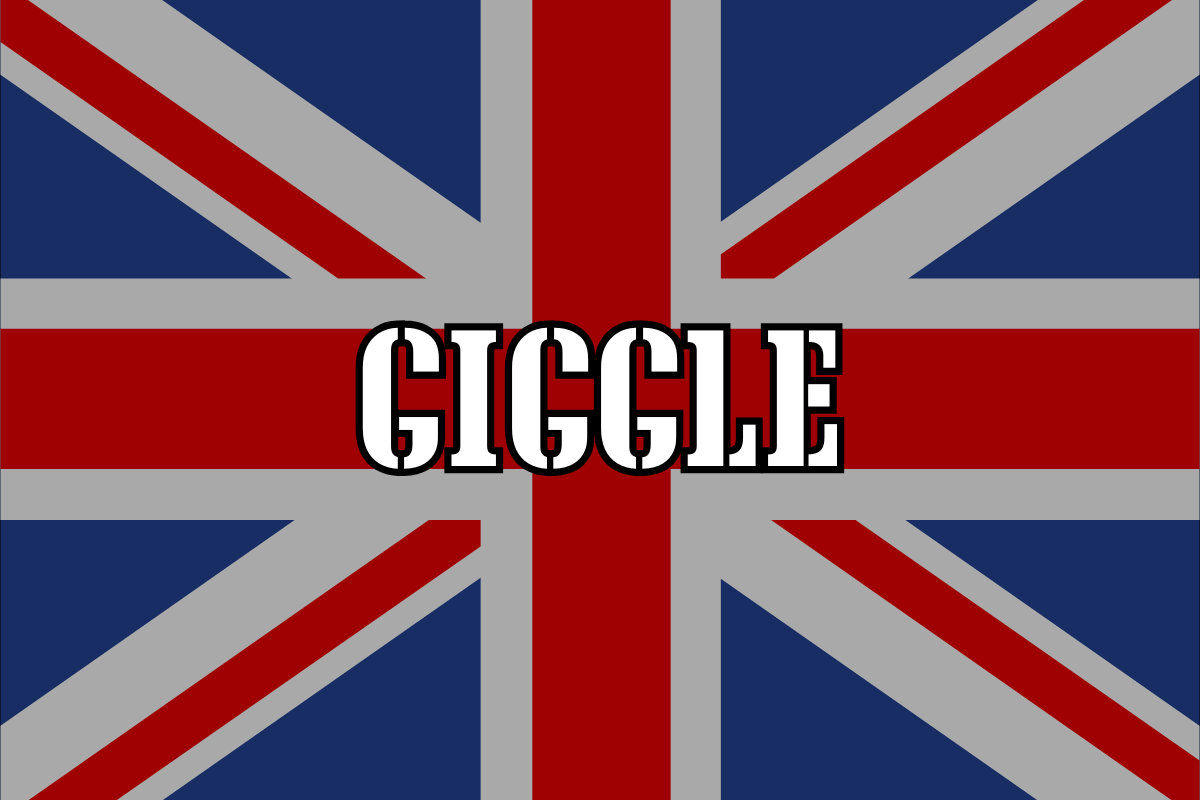
“Giggle” refers to a light, contagious laugh that’s usually a response to something mildly amusing or silly.
It’s often associated with laughter that’s hard to stop once it starts, and is seen as playful or flirtatious.
Examples in sentences:
- “The whispered joke made her giggle uncontrollably during the lecture.”
- “They spent the evening giggling over old photos and memories.”
- “His attempt at baking a cake was so bad, it sent her into fits of giggles.”
- “Every time they looked at each other, they burst into giggles.”
- “The movie was filled with scenes that made the audience giggle.”
Guffaw
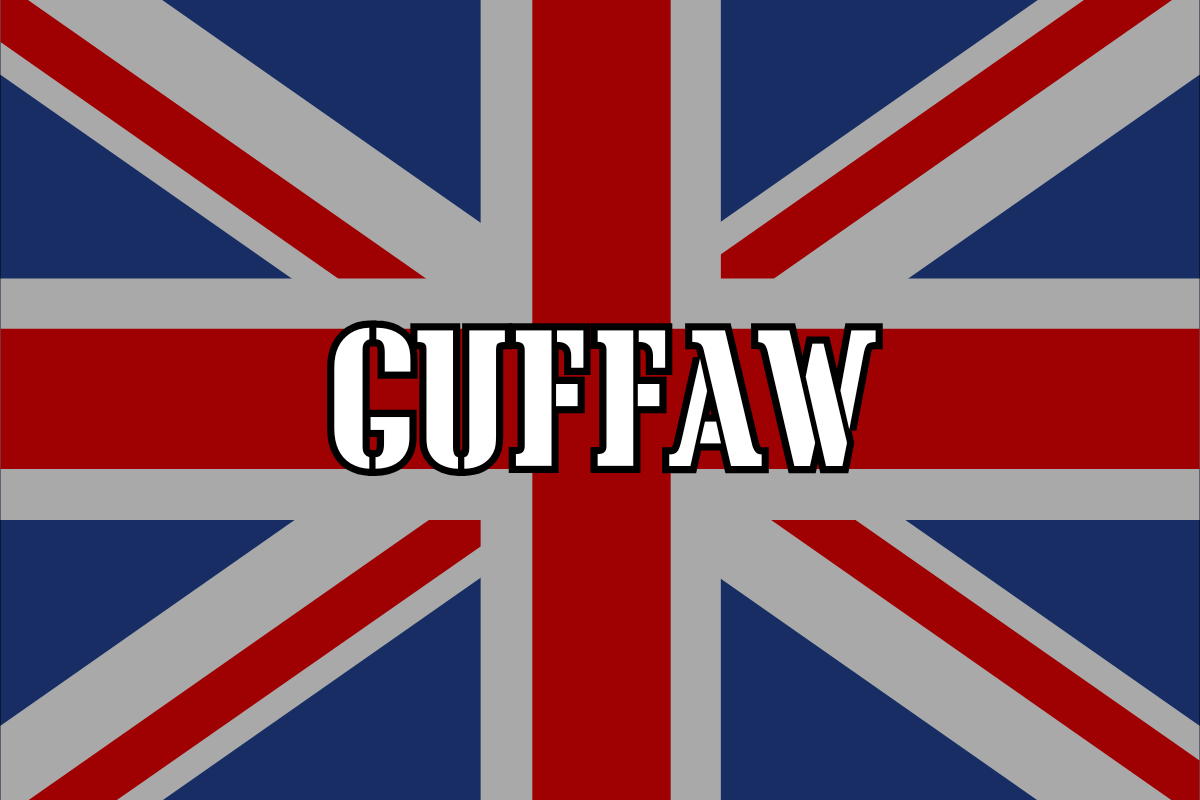
“Guffaw” is used to describe a loud, unrestrained burst of laughter.
This type of laugh is deep and hearty, often indicating something that’s found to be uproariously funny.
Examples in sentences:
- “His impression was so spot-on, it drew a guffaw from everyone in the room.”
- “She let out a guffaw that echoed through the hall, unable to contain her amusement.”
- “The comedian’s punchline triggered guffaws across the crowded club.”
- “Hearing the absurd excuse, he couldn’t help but guffaw at the audacity.”
- “Their guffaws were so loud, they attracted curious looks from others.”
Howl
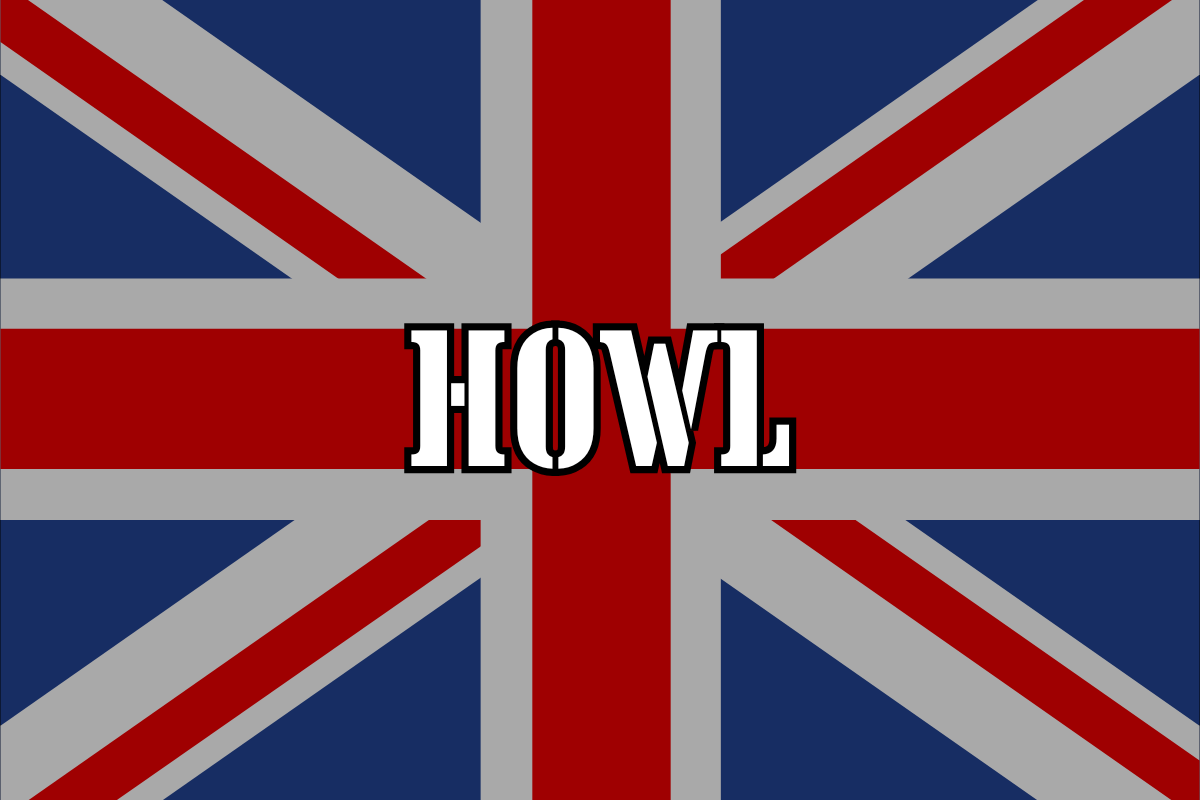
“Howl” describes a type of laughter that’s loud and prolonged, often in response to something extremely funny.
It’s the kind of laugh that can leave you breathless, sometimes even leading to tears of joy.
Examples in sentences:
- “The absurdity of the situation made them howl with laughter.”
- “I haven’t laughed that hard in ages; I was howling at every joke.”
- “The room was filled with howls of laughter throughout the comedy show.”
- “They howled at the memory of their hilarious misadventure last summer.”
- “His witty comeback made his friends howl in appreciation.”
In stitches
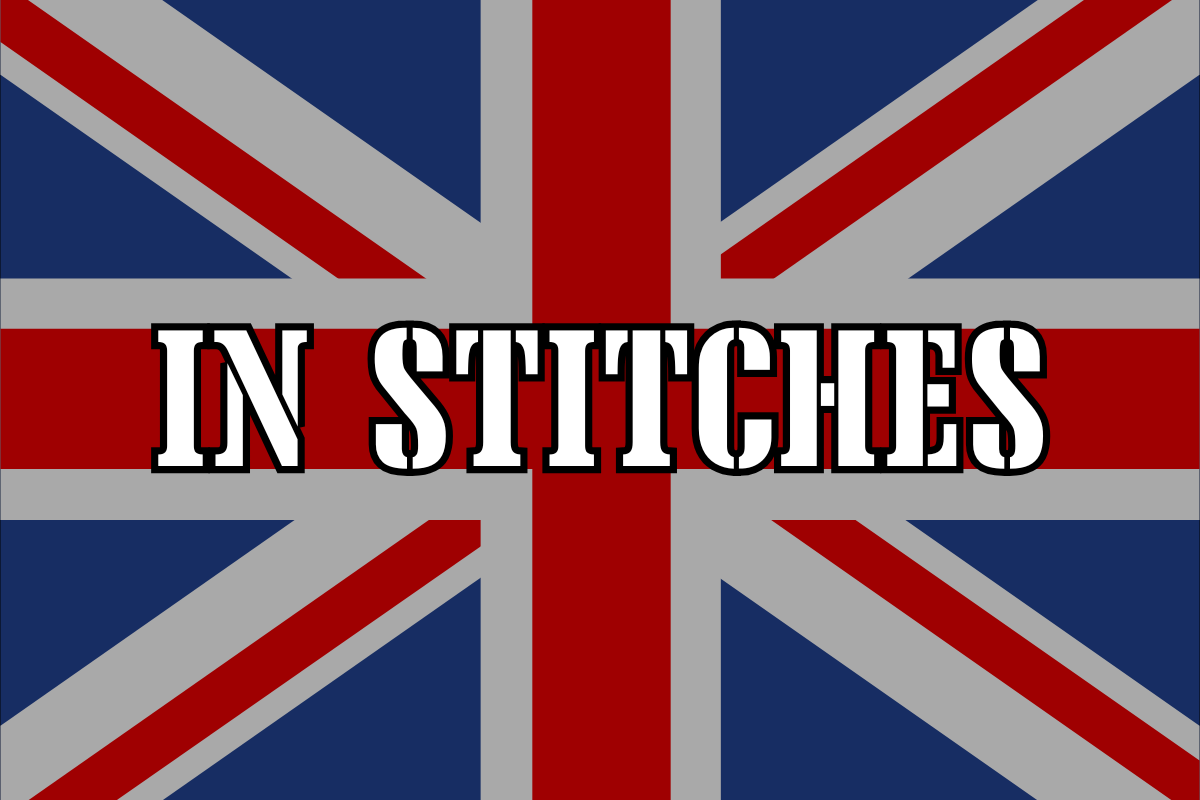
“In stitches” is a phrase used when something is so funny that it causes physical pain from laughing, as if you’re being stitched up.
It’s a metaphor for the intense, continuous laughter that’s hard to stop.
Examples in sentences:
- “The play was so hilarious, it had us in stitches from start to finish.”
- “Just thinking about that night gets me in stitches all over again.”
- “Her recount of the date gone wrong left us all in stitches.”
- “The speaker was so entertaining, he had the audience in stitches.”
- “I was in stitches after he explained the mix-up at the costume party.”
Laugh one’s head off
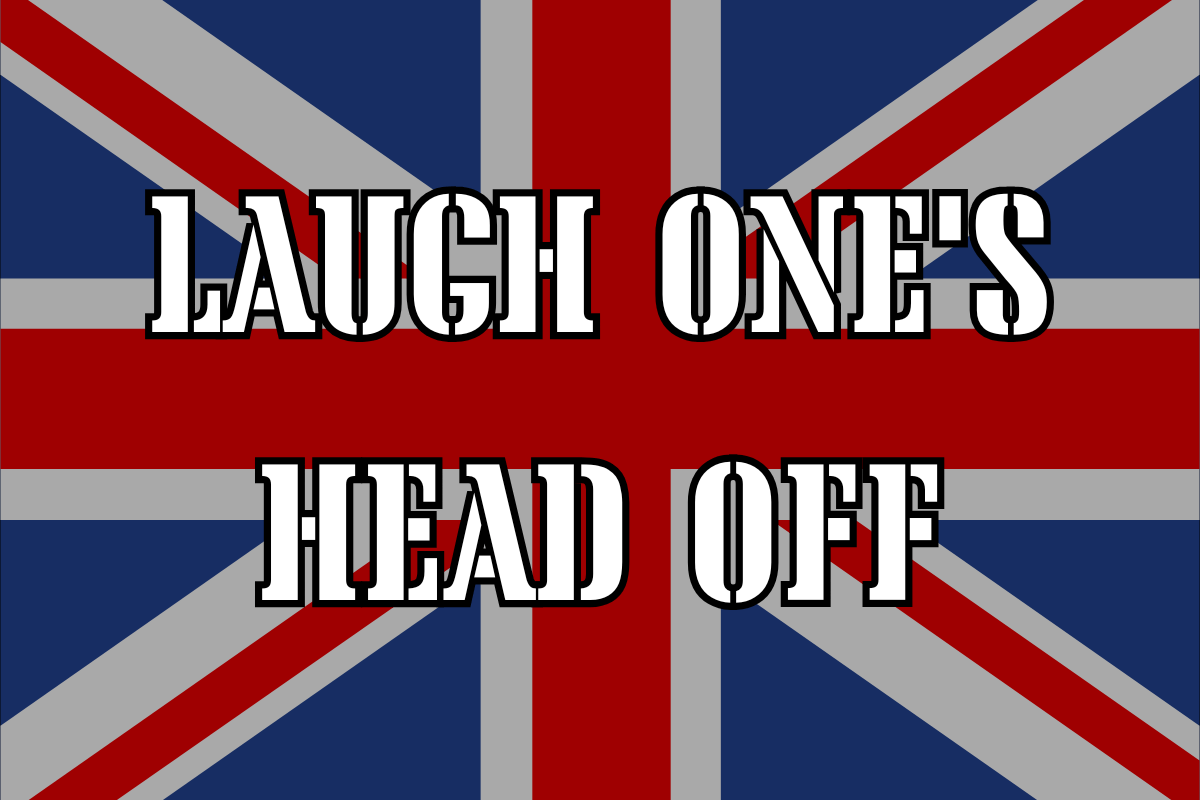
“Laugh one’s head off” is an expression used to describe laughing very loudly and for a long period, to the point where it feels like your head might come off.
It’s used for situations where you find something incredibly funny.
Examples in sentences:
- “She laughed her head off when she saw the dog’s silly costume.”
- “We all laughed our heads off at the old stories from our school days.”
- “He laughed his head off after hearing the punchline to the joke.”
- “Watching the comedy sketch, they laughed their heads off on the couch.”
- “I haven’t laughed my head off like that in years; it was a great night.”
Roar
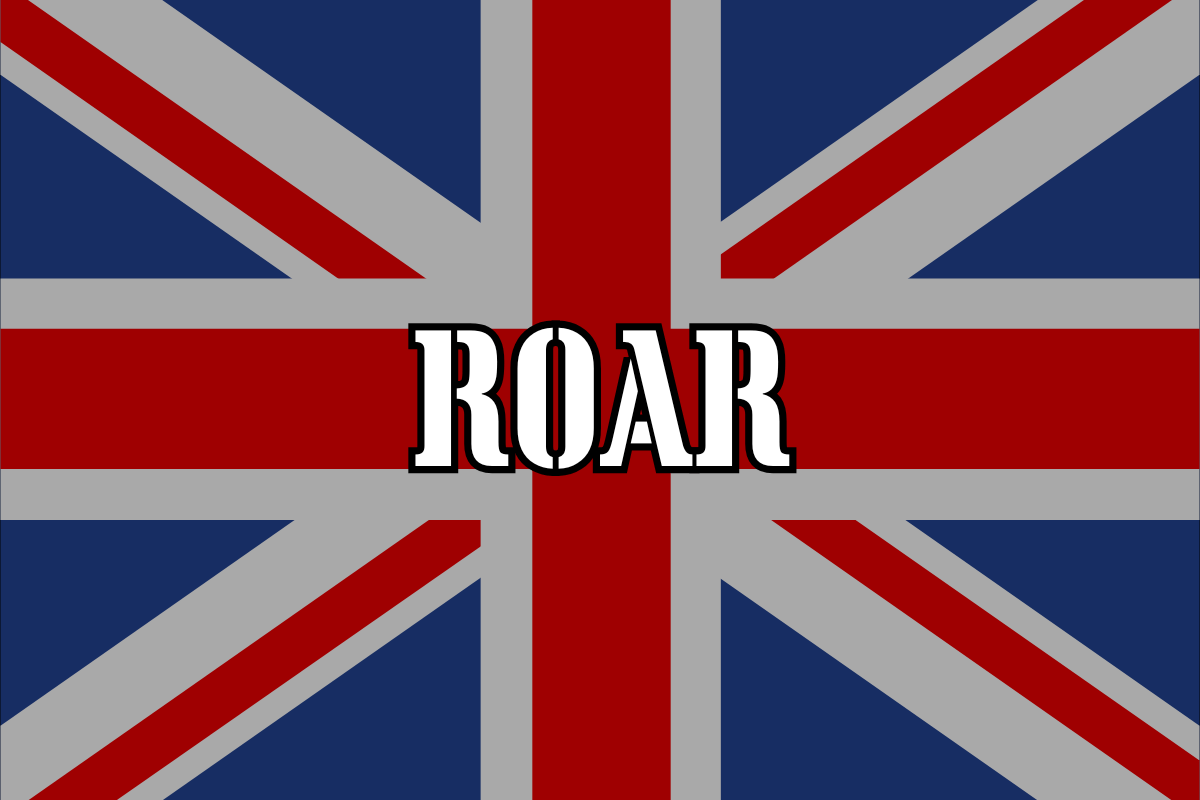
“Roar” captures a powerful, hearty laugh that’s both loud and deep, often indicating great amusement or joy.
It’s the kind of laugh that fills a room and is contagious to those around.
Examples in sentences:
- “The crowd roared with laughter at the comedian’s joke.”
- “He roared at the unexpected punchline, slapping his knee.”
- “Her story was so funny, we were all roaring by the end.”
- “You could hear his distinctive roar of laughter from across the hall.”
- “The movie had them roaring with laughter from start to finish.”
Snicker
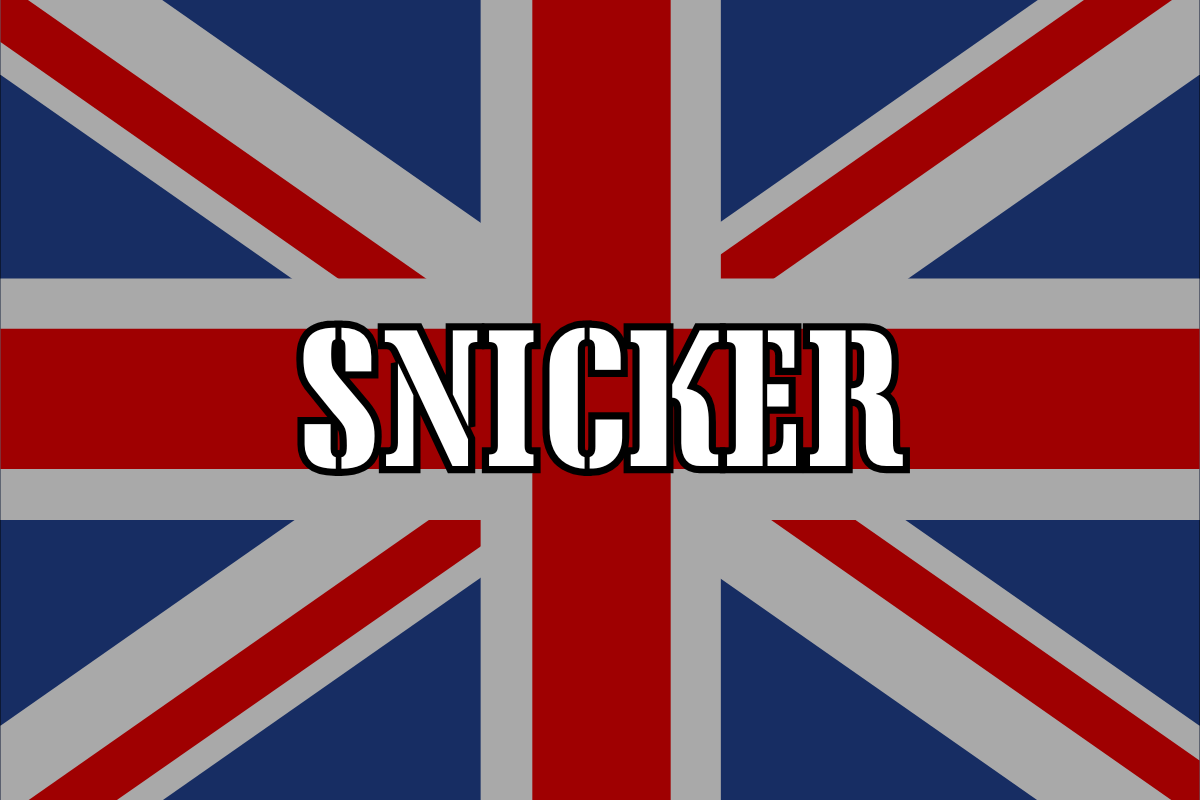
“Snicker” refers to a quiet, partly held-back laugh, often indicating amusement at something silly or mildly inappropriate.
It’s more controlled than a guffaw but more noticeable than a chuckle.
Examples in sentences:
- “She tried to hide her snicker when he tripped over his words.”
- “The snickers in the audience grew louder at the absurdity of the scene.”
- “He couldn’t help but snicker at the irony of the situation.”
- “Their attempts to stifle their snickers only made them laugh harder.”
- “Hearing a snicker, he realized his mistake and joined in the laughter.”
Snigger
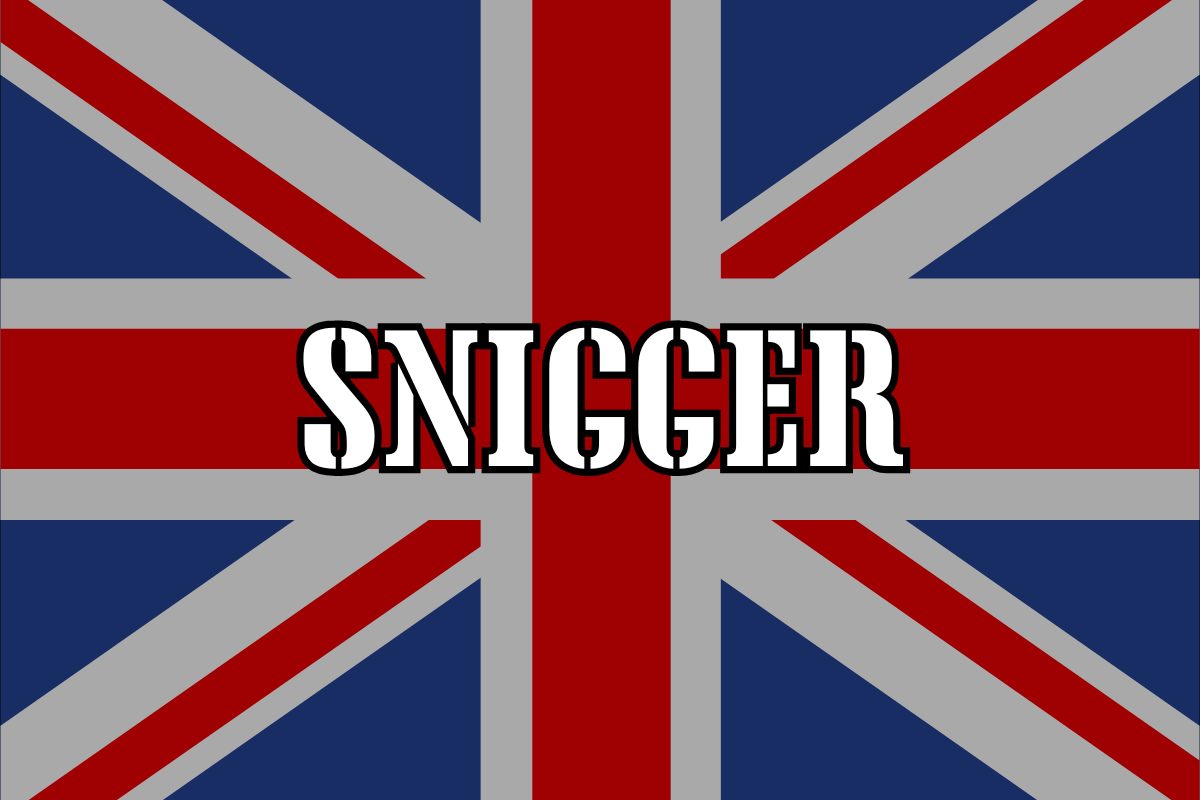
“Snigger” is similar to “snicker” but often carries a connotation of derision or mockery.
It’s a laugh that’s not quite open or friendly, suggesting amusement at something at someone else’s expense.
Examples in sentences:
- “The rude snigger from the back of the room was quickly silenced by the teacher.”
- “They exchanged a snigger over the inside joke, unnoticed by others.”
- “His comment was met with sniggers, not the applause he expected.”
- “She felt embarrassed as she heard the sniggers following her mishap.”
- “The sniggers at his outdated outfit made him wish he’d dressed differently.”
Split one’s sides
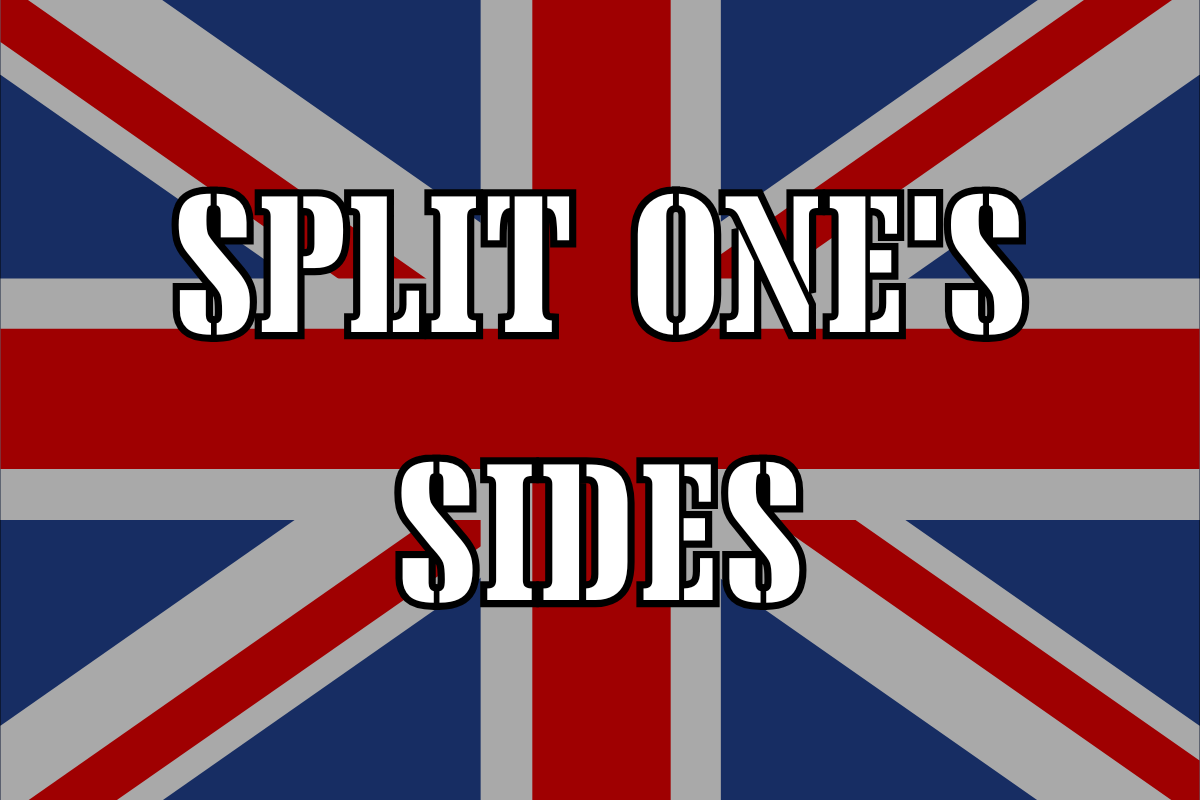
“Split one’s sides” is an expression used to describe intense laughter, so forceful it feels as though one’s sides might literally split.
It’s used for situations of uncontrollable, uproarious laughter.
Examples in sentences:
- “That joke was so funny, I nearly split my sides laughing.”
- “We were splitting our sides at the old comedy sketches.”
- “The play was hilarious; the audience was practically splitting their sides.”
- “I haven’t split my sides like that in ages; what a great comedy show!”
- “She told the story with such humor, everyone was splitting their sides.”
Titter
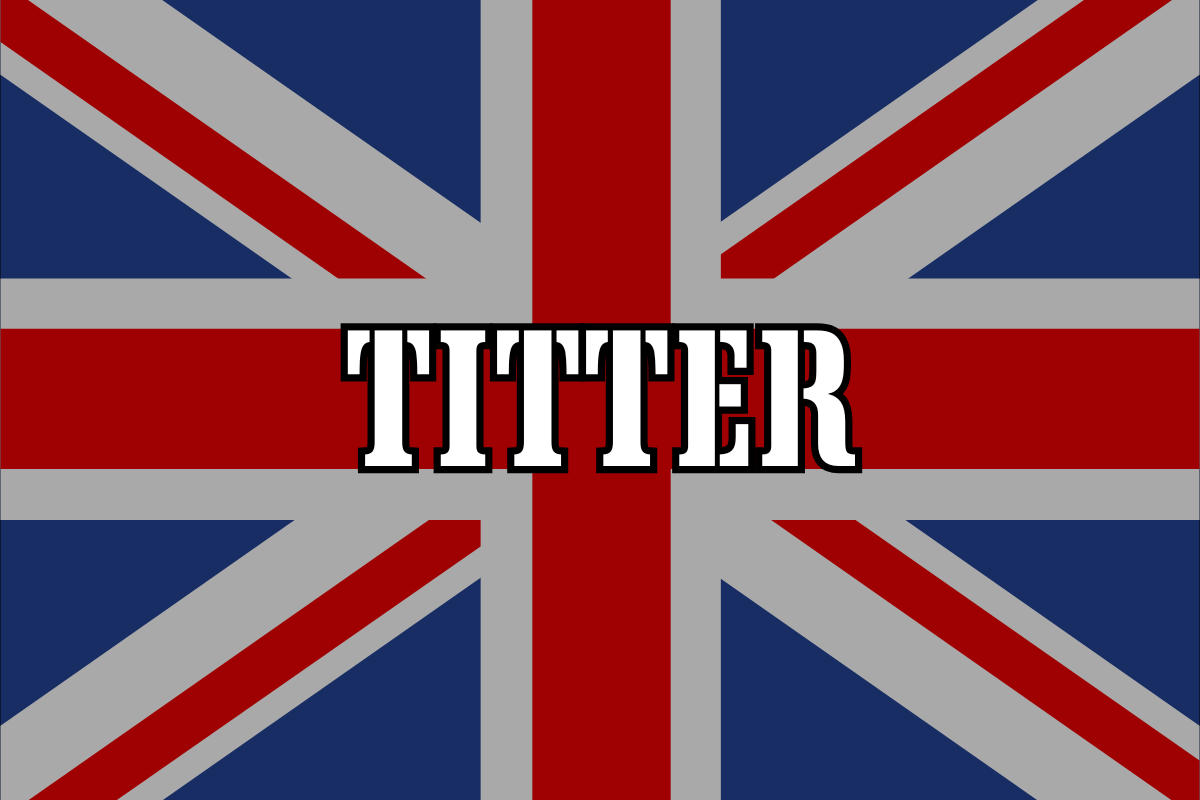
“Titter” describes a soft, often nervous laugh, usually in response to something awkward or slightly amusing.
It’s more about a polite or constrained reaction than a full-on laugh.
Examples in sentences:
- “The audience’s titters grew into full laughter as the act continued.”
- “She let out a small titter at the remark, not wanting to offend.”
- “The play’s witty dialogue caused a constant titter among the crowd.”
- “Trying to remain serious, they exchanged titters over the absurd suggestion.”
- “His attempt at humor only earned a few polite titters from the guests.”

